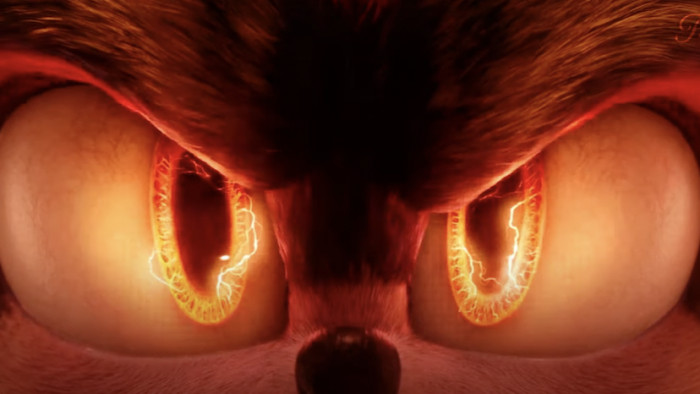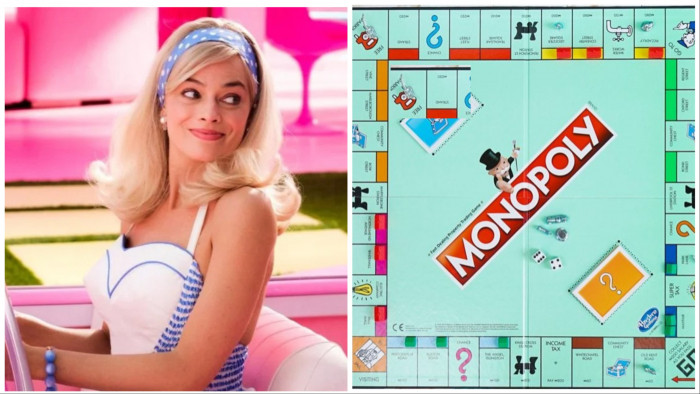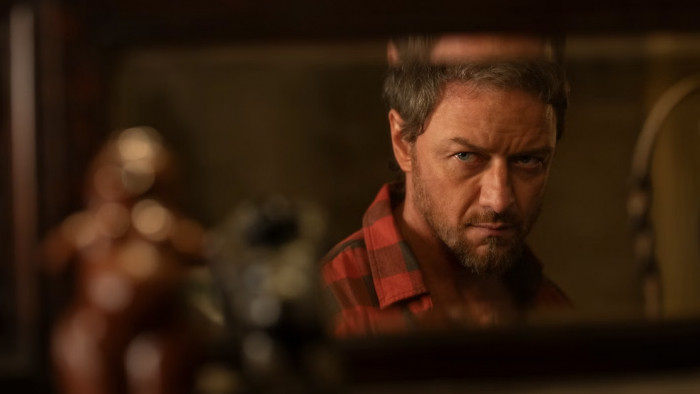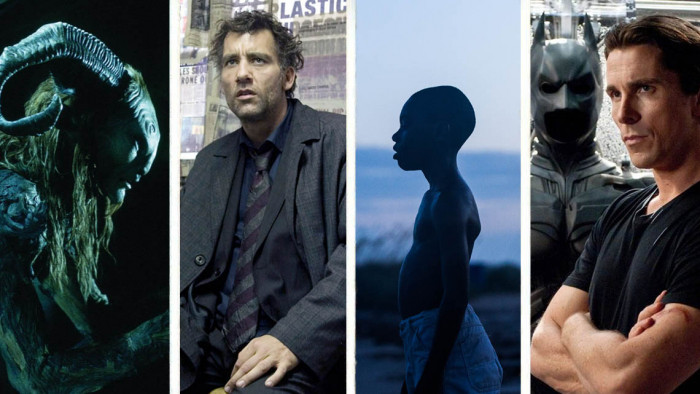A love letter to the simple joy of drinking on your own
"It can open up the world a little. You're left with your own thoughts and observations"


I am drinking alone in a pub on a Wednesday afternoon. I feel great. Fantastic. Really wonderful. There is a quiet, uncomplicated and wholly rewarding symbiosis between this drink and I. I feel about this drink the way some people do about their dogs.
I say hello to a man. Because I am drinking alone, he takes a moment before responding to decide – am I a bore, a threat, an arsehole; that trifecta of traits perfected by The Grand Tour’s presenting line-up. No. Not today. I tell him I am writing about drinking alone, and would like to know what he thinks of me doing it. He takes a good, long look.
“Well. You don’t seem like a drunk,” he says. “You must need a drink.”
“Why would I need a drink?” I ask.
“Because you’ve had bad news?
“Like what?”
“Like you’ve just lost your job. Or your wife has left you.”
The man is drinking alone.
How we feel about people who drink alone is contextual. Lone drinking if you have a drink problem is not the same as lone drinking if you don’t. Lone drinking at 3pm is not the same as lone drinking at 3am, nor is lone drinking in a pub the same as lone drinking in the cabin of a heavy goods vehicle parked in a lay-by off the A444. Lone drinking then writing is not the same as lone drinking then piloting an Airbus from Gatwick to Islamabad. Lone drinking twelve drinks is not the same as lone drinking two. If lone drinking is likely to have an affect on anyone other than you, you should no more do it than you should go to soft play and fuck a cheesecake.
The lone drinking I am talking about – the kind I love - is one or two simple drinks in a pub; that pleasant brand of lone drinking that makes an hour vanish inside a book, or an album, or Sudoku, or Candy Crush, by thinking, or just by staring at a dog. Lone drinking as respite from modern living. Lone drinking as meditation. Lone drinking just to be alone, just to drink.

Lone drinking is no longer the preserve of the awful old soak. This isn’t to say the lone drinker shouldn’t be avoided, because they absolutely should, at all costs. Though these days, that’s as much because they don’t want to be bothered while doing the crossword as it is because they’re got objectionable political views, are boring you about football, or have just shat their pants.
I asked Christ Whitaker, author of the novels Tall Oaks and All The Wicked Girls, for his thoughts on changing attitudes to drinking alone.
“When I was 18 I worked as a barman in London. The vast majority of lone drinkers were older men, and of them I’d say at least half would drink five or six pints each afternoon. I remember feeling a bit depressed by them, and thinking how I couldn’t ever imagine drinking alone. When I was eighteen, I thought drinking was a team sport, mates and pubs and clubs. But it has changed now, I see it in my local pub, there’s a broader mix of ages from both sexes… I’ve lost count of the number of tweets I’ve seen where someone shares a photo of their glass of wine after work. I think drinking alone is not only socially acceptable, it’s something people actively boast about now.”
Similarly, you can track changing attitudes to lone drinking in shifting cinematic tropes. It used to be that if you saw someone drinking alone in a film, they were brokenhearted and self-medicating, like Humphrey Bogart in Casablanca. Or crazed and talking to ghosts, like Jack Nicholson in The Shining. Now, it’s far more likely that drinking alone will be presented on screen with an aspirant quality – the drinker will be in a pleasant bar, most probably with a craft ale, reading Infinite Jest or something like that. They’ll look like a bit of a prick, but that kind of thing hasn’t stood in the way of aspiration for decades.
And yet, despite all this, the man in this pub’s first assumption is that I have received some bad news. I’ve received no bad news, unless his suggestion of such is a doctor’s needlessly elaborate and cruel way of informing me I have cancer. Why doesn’t he immediately see me drinking alone as proof of my strength of character, my individualism, my lust for authentic experiences? Of course, that’s not why I do it. If I cared about those things, I’d run and then write about it on Facebook.
“Maybe you just want to be alone,” he says. I suspect he is projecting, but he’s half right, half wrong. I do just want to be alone. I just don’t want to be really alone. If I wanted to be really alone, I would go and stand in a field. What I want is to be alone with a drink, which isn’t really like being alone at all. It’s like hanging out with the more relaxed, exciting and interesting version of yourself.
Something about booze and solitary brings into focus what was fuzzy. Hemingway famously once said, “write drunk; edit sober”, by which he suggests alcohol steers the mind towards a creative Eden. Given that he also said “I drink to make other people more interesting”, we can presume both that he felt equally enthused about doing it alone. But art and booze have a long and complicated relationship. Four of the six Americans who’ve won the Nobel Prize for Literature were alcoholics – John Steinbeck, William Faulkner, Eugene O’Neill and Hemingway himself. Dylan Thomas, F Scott Fitzgerald, Patricia Highsmith, Raymond Carver: all had fruitful and in some instances fateful relationships with drink.
I know I’ll ever write a masterpiece, but when I have a drink alone, I almost always think one up. For me, drinking alone brings clarity without clarity – a perfect view through a foggy window. And this is borne out by psychologists. Booze helps you block out extraneous information, like a divorce, overdue bills or the fact your dad is a bastard. This is of course also why it’s addictive and destructive for some people, but for others, booze solves problems rather than conjures them; like what to write, draw, sing or paint. If you’re self-employed in a creative industry, drinking alone should be tax deductible.
“I think it can open up the world a little,” says ShortList columnist Danny Wallace, who I know is a writer, but just presume is a drinker, when I ask what he gets out of drinking alone. “You’re left with your own thoughts, your own observations - but now they’re heightened by the effects of something other than the everyday. You can have ideas you wouldn’t normally have. You can explore funny conceits you’d normally roadblock. You’re less critical of off-centre things, and so don’t immediately move on. Nudging [an idea] around, seeing where it can lead is a very useful skill for a writer. I have no shame in having a drink alone.”
Though these days, it’s much more difficult to drink alone. The smart phone in your pocket might provide a portal to all the world’s knowledge, but it also provides access to all the world’s wankers. And inexplicably, the latter proves harder to resist. These days, someone committed to the pursuit of a lone, contemplative pint has to make a considerable effort to achieve it. To be, just human and drink together, alone.

Adam Kay is a television comedy writer, an author, and before that, a doctor. It struck me that two of those three professions lend themselves to drinking alone, so I asked him, why does drinking alone work in his line of work.
“I write in a conversational style, and I don’t think I’m alone in my conversation being that bit chattier, looser, funnier with a drink or two on board. There’s obviously a sweet spot - you don’t want to hit the literary equivalent of snogging the host’s dog then being sick in their piano.”
And as a medical professional?
“While I’m sure the occasional snifter might have given my cesarean sections that extra pizzazz, I never tested the theory. Although I maintain that at the end of a 16 hour shift you think about as straight as after an evening in a Wetherspoons, so maybe the GMC should consider relaxing the rules a little.”
Drinking alone simply doesn’t have the same stigma attached to it that it once did. Unlike eating alone. I recently ate in a restaurant alone. Other diners were looking at me, and couldn’t quite shake feeling like a travelling air-freshener salesman keen on the idea of an affair with a waitress, but neither capable of instigating one or brave enough to see it through.
I expand on this theory to the man in the pub; how drinking alone is now a common and reasonable antidote to the stresses of living. It doesn’t mean that your life has hit the skids. Actually, you’d be far more likely to think that of someone you saw dining alone. The man’s burger and chips arrive shortly afterwards.
I guess what I’m trying and failing to convince him of is that perhaps drinking alone could even be encouraged in the same way yoga retreats are, or meditation, or mindfulness courses. That being on your own with a drink could have holistic benefits, for the soul if not the liver.
“There’s nothing [that would raise a doctor’s concerns] about how much company you have whilst drinking,” Adam Kay says, “unless of course it makes you feel guilty. It doesn’t make me feel guilty – I’m not, for instance, writing an article on the topic to make myself feel better about it.”
It doesn’t make me feel guilty either. When I drink alone in a pub it is one of the few moments in life in which I truly feel like a grown up, which is ironic, given that the more I do what I’m doing when I’m there, the more I’ll return to a childlike state: unshackled from adult stresses, open to abstract thought, and with all the inhibitions and self-preservatory sense of a nine year old. More relaxed, less cynical, wider-eyed and engaged with the world. A better version of me. Now that’s a guy I want to spend time with, alone.
I’d put this to the man in the pub, but I get the sense he’s not looking for company.
This is Going to Hurtby Adam Kay is out on 7th September (Picador) andAll The Wicked Girlsby Chris Whitaker is out on 24th August (Bonnier Zaffre)
Latest
Related Reviews and Shortlists


The 45 best gins taste tested: great gins revealed








